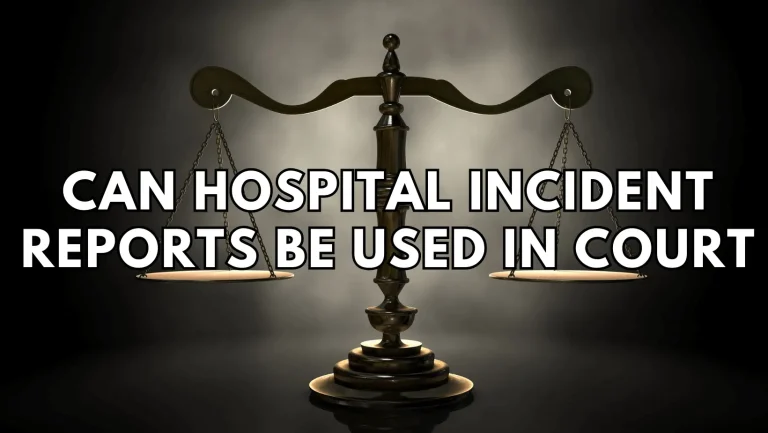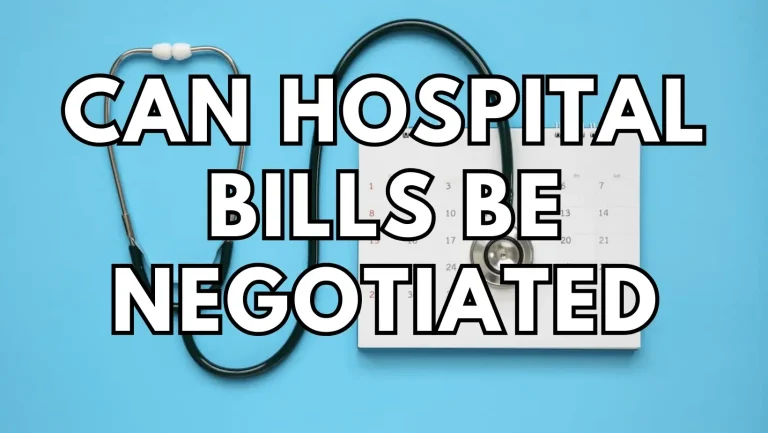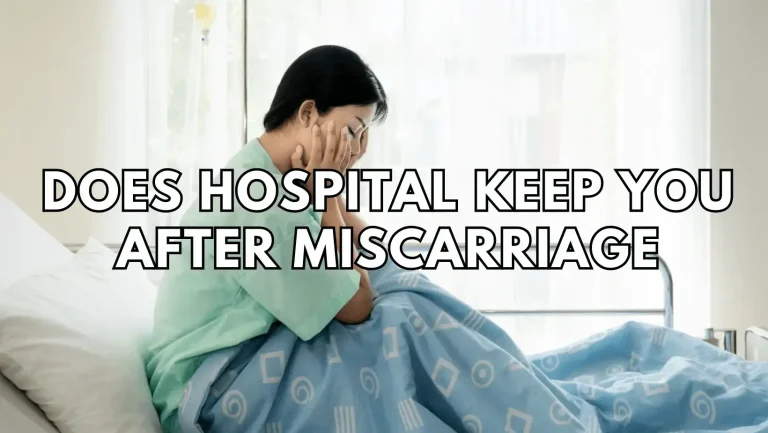Hospital Discharge of Homeless Patients: Ethical, Legal, and Humanitarian Aspects

Amid the myriad challenges hospitals face, the discharge of homeless patients stands as a complex and sensitive issue. Providing medical care to homeless individuals is not only a matter of healthcare but also involves ethical, legal, and humanitarian considerations. In this in-depth exploration, we delve into the complexities surrounding the discharge of homeless patients from hospitals, addressing the various facets of this multifaceted problem.
The Challenge of Discharging Homeless Patients
Homelessness in Healthcare
Homelessness is a pressing social issue, and it significantly impacts the healthcare system. Learn about the unique challenges hospitals encounter when treating homeless patients.
The Role of Hospitals
Hospitals play a vital role in addressing the healthcare needs of homeless individuals. Understand the ethical obligation hospitals have in providing care and how it intersects with legal requirements.
Ethical Considerations
Patient Autonomy
Explore the ethical principle of patient autonomy and how it relates to the discharge of homeless patients. Discover the delicate balance between respecting a patient’s wishes and ensuring their well-being.
Also Read: Can Hospitals Draw Blood Without Your Consent?
Beneficence and Non-Maleficence
Learn how healthcare providers strive to do good (beneficence) while avoiding harm (non-maleficence) when discharging homeless patients. Ethical dilemmas often arise when determining what is in the patient’s best interest.
Legal Framework
Legal Obligations
Hospitals are bound by legal obligations when discharging patients, homeless or not. Understand the legal framework that guides hospital discharge procedures and its implications for homeless patients.
Involuntary Commitment
Explore the circumstances under which hospitals may involuntarily commit homeless individuals, balancing the need for care with respect for individual rights.
Challenges and Solutions
Resource Limitations
Discover the resource limitations that hospitals face in providing continued care to homeless patients after discharge. Explore potential solutions to bridge this gap.
Collaboration with Community Services
Learn about the importance of collaboration between hospitals and community services in addressing the unique needs of homeless patients. Explore successful models of cooperation.
Also Read: Can Hospitals Charge More Than Medicare Pays?
Conclusion
The discharge of homeless patients from hospitals is a multifaceted issue involving ethical, legal, and humanitarian considerations. Hospitals face the challenge of balancing patient autonomy with the duty to provide appropriate care. Legal obligations and resource limitations further complicate the matter.
To address this complex problem, a comprehensive approach is essential. This includes fostering collaboration between hospitals and community services, promoting awareness and education, and advocating for policy changes that support the healthcare needs of homeless individuals.
In summary, the discharge of homeless patients is not a simple matter of medical care; it is a reflection of the broader societal issues of homelessness and healthcare access. By recognizing the ethical, legal, and humanitarian aspects and working collectively to find solutions, we can strive to provide more compassionate and effective care to homeless patients in our healthcare system.
Authoritative External Links:






